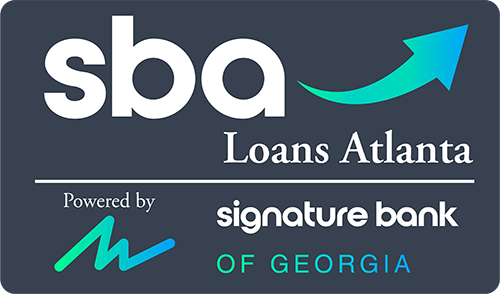Entrepreneurs have one of the hardest jobs in the world. Actually, they have all the jobs, rolled into one.
If you’re feeling overwhelmed as a business owner and aren’t sure how to go about opening a business bank account, don’t worry. The tips below will help you know what to look for in account features as you’re seeking the perfect account for your small business.
Consider this your business banking 101 course. From important reasons to open a business account to everything to consider as you look, we’ve got you covered.
Why You Need a Business Bank Account
For small businesses, it often seems unnecessary to open a business bank account. Yet even if you’re only starting small with a few transactions, it’s a good idea to have a separate account for the business.
One reason is that it’s easier to track everything. The business transactions are all in one place, without the clutter of personal transactions thrown in.
You also have a more professional image when you use a separate account. Customers will be able to make payments to a business, rather than to your name.
The chief reason to create a separate account is for protection. You’ll have less personal liability when you use a business account. The same way you might file for an LLC instead of maintaining a sole proprietorship, separating business bank accounts from your personal ones is a way to create a bigger barrier and more protection.
Digital Banking
When you’re shopping for a business bank account, explore the digital banking options available. You don’t have time to run errands when you’re running a business already. Ask to see a tutorial or an example of what the digital banking interface looks like.
You want to know that it’s easy to use, simple to access, and secure. You also want to be sure it gives information about bank teller 101 because you’ll be acting as your own teller while you’re banking online. Guidelines and how-to or help pages will be essential. Signature Bank’s tutorial video library of product features and navigational instructions is very helpful.
Will you be doing any of your business banking from a mobile phone or tablet? If you’re working on anything other than your computer, you should also check out the features on the bank’s app or platform for mobile banking.
Banking 101: Transaction Fees
Try to find a business checking account with as few fees as possible. Remember to ask about the number of transactions allowed per month and the fees per transaction if you go over.
When you’re running a small business, you often don’t have a big margin to work with. Even if you don’t have to worry so much about fees, cutting costs wherever you can is a smart business strategy.
Banking industry 101 advice suggests that you find out about cost per transaction for your bank account. Most will probably include a certain number of transactions allowed. Some accounts with higher balance requirements will probably allow more transactions per month; those are designed for bigger businesses with more volume.
Helpful Consultations
Look for a business bank account that includes free consultations with a business banking specialist at the branch. Having access to professionals and the helpful information they provide should be a perk of your account, not something you have to pay extra for.
Your specialist can help you with banking terms 101, look into your account history, and provide support as you navigate the ins and outs of business banking for the first time.
Minimum Balance
You probably have a good idea about how many transactions you’re generating a month, even if you’re a new business. What kind of profits are you making? How are you reinvesting them?
Think carefully about the minimum balance you’ll be able to keep in your account. Remember that emergencies and unexpected expenses come up in business, too, not only when dealing with home finances. Do you have a business credit card to charge those to, rather than dipping below your required minimum balance?
Checks
While digital banking and e-checks are replacing paper checks, business banking is one of the few places that real checks are still used a lot.
If you know you’ll be cutting checks, look into the costs of ordering them for your business. Some banks offer a credit when you order from them, which can help offset the expenses of having checks printed.
Ask to see a catalog or price list of the bank’s check printing costs so you know ahead of time what you’ll be spending on them. The standard pricing may be different for various account types, or it may be standard across the board.
If you’re not sure how many checks you’ll be writing per month or per year, do some research into your financial history. Before you open an account, you want to know those numbers so you can choose the right account for your business.
Integration
How do you handle your business accounting? Whichever program you use should integrate well with your business bank account.
Ask about the ease of integrating your banking needs with your accounting needs. They may even be able to provide a tutorial. If you haven’t started using a program for your accounting yet, this is a perfect time to choose one.
Your new bank can even offer suggestions and helpful advice about getting your accounting system set up to integrate with your bank account.
Interest Rates
Choosing an account with a good interest rate is essential. Business checking accounts may not always come with interest, but some might.
If you’re opening a business savings account, ask about the interest rates. Generally, the more you put into a savings account or CD, the higher the interest rate. The bank may also have a higher interest rate for CDs with a longer period. For example, a five-year CD would likely have a considerably higher interest rate than a one-year.
Financial To-Do List
Now that you have an idea of business banking 101 tips, you’re ready to conquer the new year financially. We’ve highlighted some important aspects of a business account to consider when you’re looking for the right one.
If you’re ready to take the next step, start a business account application today!


